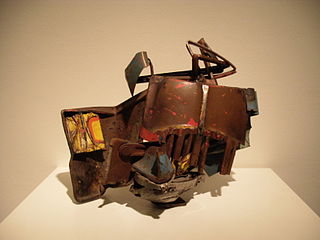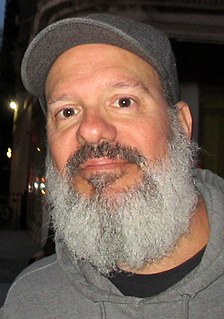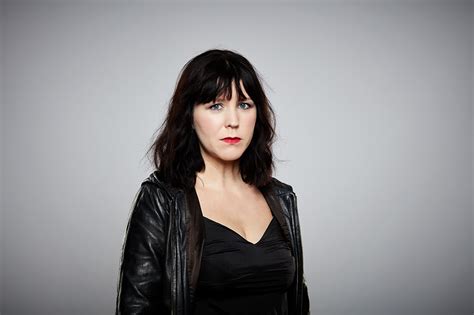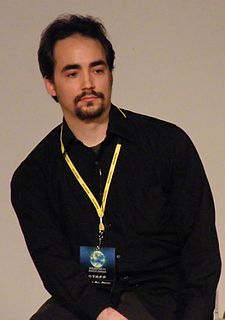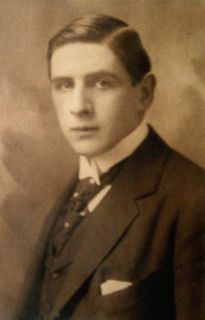A Quote by Jules Feiffer
I was never interested in the two-party system per se. I was interested in how authority was abused by government, and how lies were told, and rewritten, to seem to be true. I came up out of a tradition of radical journalism.
Related Quotes
We proclaim human intelligence to be morally valuable per se because we are human. If we were birds, we would proclaim the ability to fly as morally valuable per se. If we were fish, we would proclaim the ability to live underwater as morally valuable per se. But apart from our obviously self-interested proclamations, there is nothing morally valuable per se about human intelligence.
Back when the Bible was written, then edited, then rewritten, then rewritten, then re-edited, then translated from dead languages, then re-translated, then edited, then rewritten, then given to kings for them to take their favorite parts, then rewritten, then re-rewritten, then translated again, then given to the pope for him to approve, then rewritten, then edited again, the re-re-re-re-rewritten again...all based on stories that were told orally 30 to 90 years AFTER they happened.. to people who didnt know how to write... so...
And increasingly - you know this and so do I we're losing the youth everywhere. They hate us; they are not interested in having more fears and guilt laid on them. They're not interested in more sermons and exhortations. But they are interested in learning about love. How can I be happy? How can I live? How can I taste the marvelous things that the mystics speak of?
The stories I would hear from men who were going through divorces and in child custody battles, the lies their wives told about them being predators, that they had fondled or abused the children, and these guys didn't know what to do. It wasn't true. They had no idea how to combat it. And I said, "A large part of this is modern feminism. You've gotta understand it."
The maker of kitsch does not create inferior art, he is not an incompetent or a bungler, he cannot be evaluated by aesthetic standards; rather, he is ethically depraved, a criminal willing radical evil. And since it is radical evil that is manifest here, evil per se, forming the absolute negative pole of every value-system, kitsch will always be evil, not just kitsch in art, but kitsch in every value-system that is not an imitation system.
There is no extrahistorical or eternalist or abstractivistically pure standpoint where we can get oriented in the absolute Truth per se before dealing with the concrete lineaments of how we happen exist in this time and place. We are participants in a dynamic system and we know its profile only by its action in organizing how we interact together and how we see our own selves. "The truth is the whole," and the whole is a system of living energy: our life as human and historical spirits.





